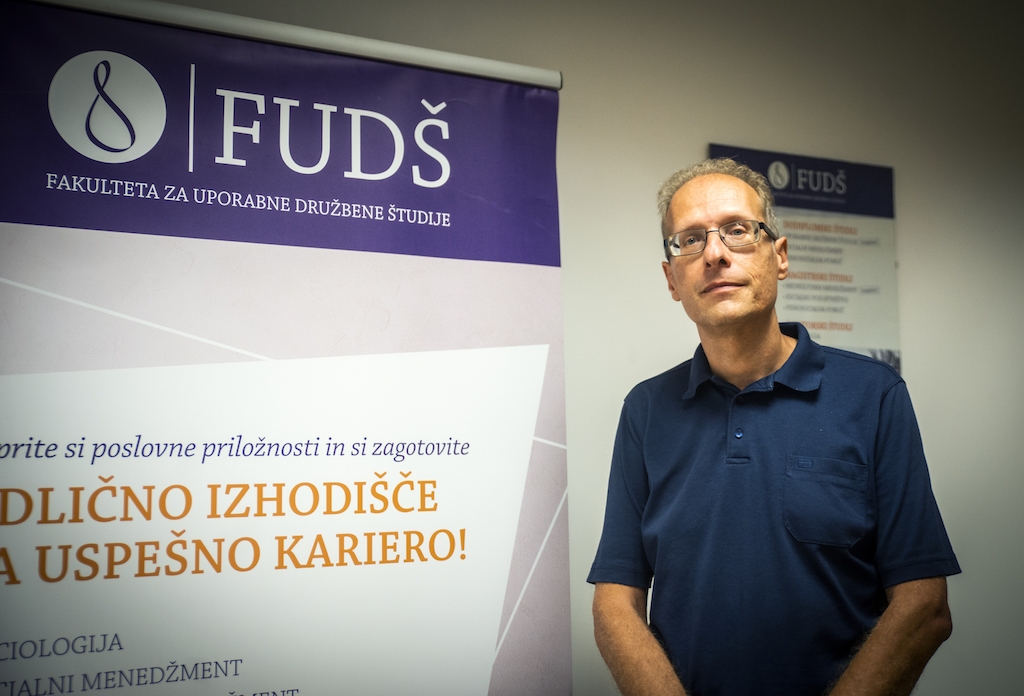By: Dr Matej Makarovič
If we want to understand the position and perspectives of Slovenia after 30 years of independence, we must not ignore a very important fact: we are a small country in an extremely interdependent world. What can help small countries succeed in such a globalized world? If they do not have any special geopolitically and historically conditioned specifics, they can rely in particular on two trump cards: the first is to turn their size deficit into an advantage, the second is to connect.
Smallness is an advantage because it facilitates coordination and guidance. Fewer people are expected to agree on things more easily and more quickly, and the direct participation of ordinary people in decision-making processes is also easier. The Nordic countries and Switzerland are already quite stereotypical examples of such good practices, although this is not the only reason for their success.
If we look at Slovenia today, we must unfortunately admit that we did not make the best use of the trump card of smallness. The main obstacle turned out to be the political-ideological polarization, which has only intensified and expanded in recent years. Unfortunately, things have gone so far that any scientifically proven fact can simply be denied if it is not in line with the view of an individual ideological filter bubble. Thus, if their ideological orientation so requires, different groups of people may firmly believe, for example, that mass gatherings (especially when intended for anti-government protests) cannot contribute to the spread of COVID-19; or that human activity contributes nothing to climate change; or that in April 1941 the founders of OF called for »rebellion against the occupier«. How should people reasonably confront their opinions if they deny the facts from the outset? Growing polarization and politicization today are not a Slovenian specialty, but part of a broader trend. The US is the world’s most notable example. However, in small Slovenia, such divisions are even more painful and destructive. When the »left« does not want to wear masks because the »right« government has decided to do so, it is not difficult to imagine why we are not the most successful in overcoming the epidemic. (By the way, in the USA, with a similar problem, the opposite is true, as many right-wingers there consider wearing masks to be socialist.) Our political leaders and the mass media are, of course, an example of good and bad. Less political activism on the part of the media, less quarrelsome tweeting and a less destructive opposition – all this would be very helpful for Slovenia.
We have been better able to use the other of the two trump cards so far – connecting. Slovenia, as an independent country, was born with the ambition of European and Euro-Atlantic integration and successfully followed it. It is true that we like to complain about our country, as well as about the EU, many times justifiably. We complain about how the EU is too bureaucratic, insufficiently democratic, cumbersome in joint action, or how some of its members occasionally feel a bit second-rate. On such occasions, Eurosceptic leftists and Eurosceptic rightists begin to look to the East with approval. To Eurosceptic leftists, Moscow is close geopolitically, because of its anti-Western stance and the tradition of communism, and to Eurosceptic rightists, because of individual conservative values.
But these are misguided and dangerous delusions. Never before in history have Slovenians had such a formal and actual validity as we enjoy today in the EU. There is no real alternative to this in the current balance of power in the world. Slovenia belongs to Europe both in terms of essential values and geopolitically. And this is the EU today – the relatively most successful and most equal integration of European countries in history. Unlike our former foreign masters, the EU is not an external force, but something of which we are a part and as such are co-responsible for its development.
Matej Makarovič is a doctor of Social Sciences, university lecturer, researcher and dean.

